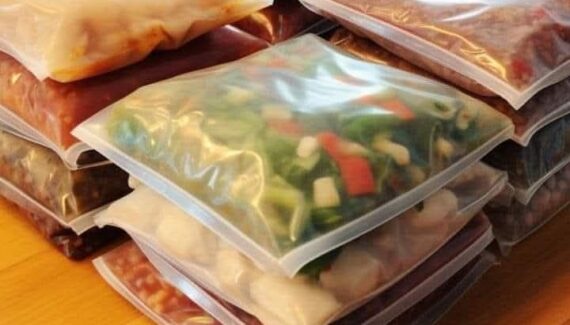
The Truth Behind Dropping 5.5 kg (12 Pounds) in 3 Days — and Why It Can Be Harmful
In a world obsessed with fast results and instant transformations, promises of losing 5.5 kg (12 pounds) in just three days may sound tempting — even miraculous. From viral detoxes and “military diets” to sweat-heavy workouts and starvation methods, the internet is full of extreme plans claiming rapid weight loss. But what’s the truth behind this sudden drop in weight? Is it even possible? And more importantly — is it safe?
Let’s dive deep into this weight loss phenomenon, explore how such rapid changes happen, break down the step-by-step methods often used, and explain the real risks and consequences.
🔥 What Actually Happens When You Lose 5.5 kg (12 Pounds) in 3 Days?
⚖️ Weight vs. Fat
First, it’s important to understand: rapid weight loss ≠ fat loss.
- Fat loss happens gradually and requires a calorie deficit over time.
- Weight loss in 3 days is mostly a result of:
- Water loss
- Glycogen depletion
- Stomach content reduction
- Occasionally, muscle breakdown
So when someone says they lost 12 pounds in three days, chances are they haven’t shed actual fat, but instead temporarily manipulated their body’s fluids and stores.
🚧 The Common (and Extreme) Methods Behind Rapid Weight Loss
Let’s explore some of the popular strategies used to drop weight fast — and how they work.
1. Severe Caloric Restriction (Fasting or “Military Diet”)
How it works:
- People consume very low calories (800–1000/day), often eating plain foods like boiled eggs, crackers, tuna, and grapefruit.
- The severe drop in intake causes water and glycogen loss.
Risks:
- Muscle loss
- Weakness, dizziness, irritability
- Nutritional deficiencies
2. Sweat-Based Methods (Saunas, Plastic Wrap, Intense Cardio)
How it works:
- You sweat heavily using plastic wraps or hot yoga sessions to lose water weight.
- Common with fighters and athletes cutting weight before a match.
Risks:
- Severe dehydration
- Electrolyte imbalances
- Heart strain
3. Carb Elimination / Keto Shock
How it works:
- Carbs are stored with water. Cutting them suddenly causes glycogen and water loss.
- 1 gram of glycogen holds about 3–4 grams of water.
Risks:
- Fatigue, brain fog
- Loss of strength
- Quick regain after reintroducing carbs
4. Laxatives, Diuretics, and “Detox” Teas
How it works:
- Induce bowel movements or urination to reduce bloating and water retention.
Risks:
- Digestive damage
- Electrolyte loss (potassium, sodium)
- Dependency and long-term gut issues
Please Head On keep on Reading (>)










